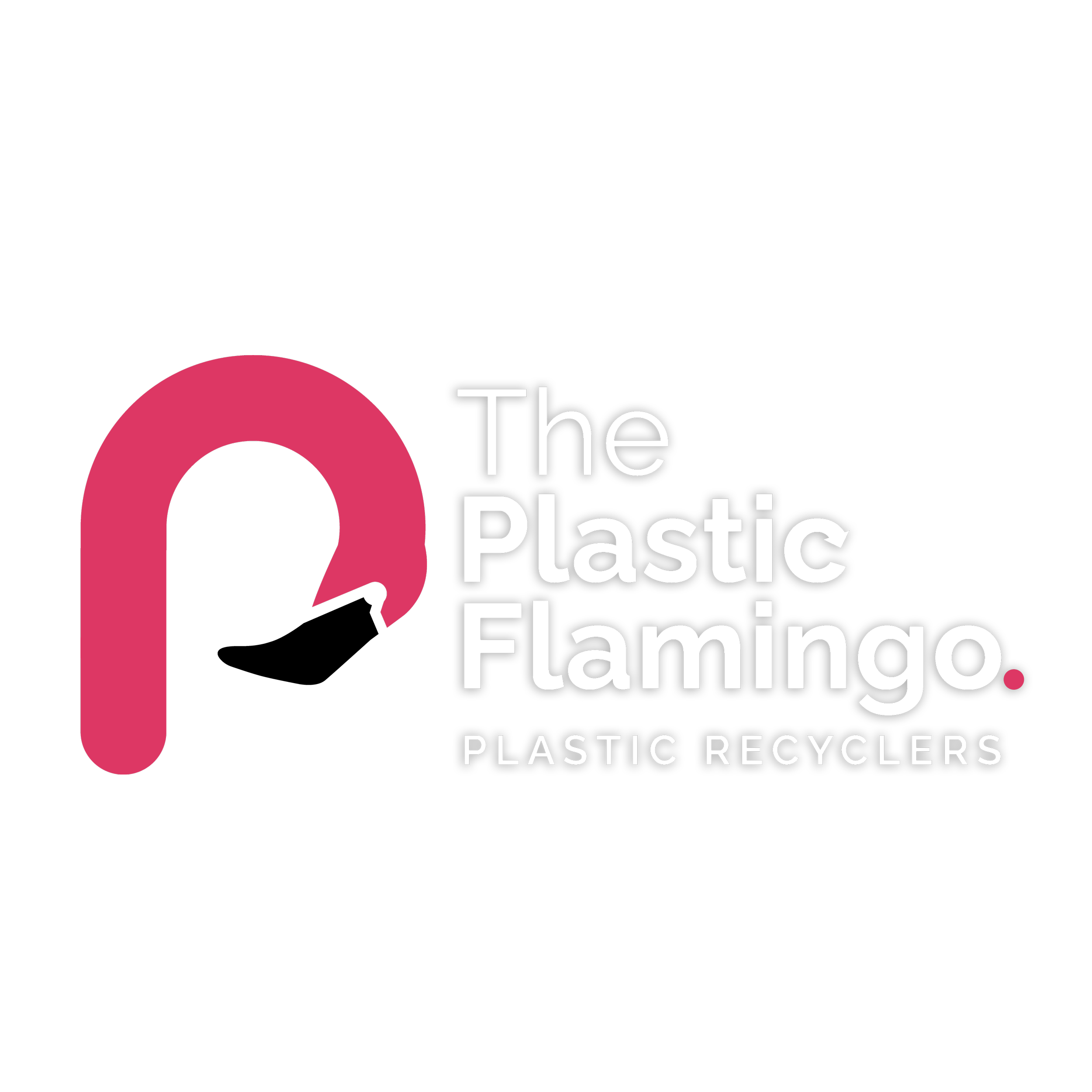Last December 3, Republic Cement launched their co-processing solution, ecoloop, through a virtual press briefing, which we were happy to have (virtual) front-row seats to.
They are the leading local cement manufacturing and distribution company in the Philippines with a nationwide footprint and more than 65 years of field experience, backed by CRH-Aboitiz. After water, cement is the most consumed material in the world, especially in Manila's skyline of corporate buildings and towers.
The Plaf works with Republic Cement when, especially during the pandemic, there is an influx of plastic dropped off at our collection networks and our warehouse that cannot be accommodated by our plastic recycling facility. In their mission to co-process not less than an equal of 10 million plastic sachets every day starting January 2021, they've stepped in to 'walk the talk' in the local waste management crisis.
But what exactly is co-processing, and what does ecoloop promise to do?
"Co-processing is the reuse or recovery of thermal and mineral properties of qualified waste materials while manufacturing cement in a single combined operation. Through co-processing and the use of waste, such as plastic or rice husk, as alternative fuels, Republic can manufacture cement with reduced dependence on fossil fuels, such as coal."
During the briefing, ecoloop Director, Atty. Angela Edralin-Valencia points out how there has been a steady increase in daily consumer waste, with 40 tons of solid waste per day - that's the equivalent of 16,000 garbage trucks filled to the brim with waste. Unfortunately, these end up in landfills, where mountains of consumer waste are made faster than the time it takes to maintain the landfill and scout additional sites for dumping.
Although single-use plastics and tingi/sachet culture is prevalent, it is also unavoidable given the pandemic and differences in socio-economic status of the country's population.
Republic Cement CEO, Mr. Nabil Francis points out how residual waste (aka plastics that we accept!) cannot be recycled or reused and not only end up in landfills, but finds its way to our canals, rivers, and larger bodies of waters. It is discarded because it has no value after one use.
ecoloop offers co-processing as a sustainable solution in their operations, destroying qualified waste in their kilns to process alternative fuels for their cement manufacturing.
It promises:
Surely there must be cons along the process, such as incineration?
Director Edralin-Valencia clarifies the difference between co-processing and incineration, stating:
"ecoloop utilizes the cement kiln co-processing method, where emissions are contained and managed within the kiln and any ash produced fully integrated into the stable microstructure of clinker, a key ingredient of cement."
Co-processing, unlike incineration, does not produce as much ash and therefore, does not contribute to pollution through leaching, as well as ash management through ash ponds. With the minimal amount of ash produced, it all goes into their cement's clinker, showing that they do not compromise quality for plastic neutrality.
We at The Plaf, along with 22 Local Government Units (LGUs) support this endeavor of a greener framework for the future, because like us, ecoloop plans to 'close the loop' and help form a circular economy where waste is not just waste, but a precious resource that can be transformed and reused, under proper and sustainable management.


![[SOCMED] Daily Posts (2).png](https://images.squarespace-cdn.com/content/v1/5acb647d29711483dea6a630/1607516304338-KNQ44ENJM6DCQAND2URZ/%5BSOCMED%5D+Daily+Posts+%282%29.png)
